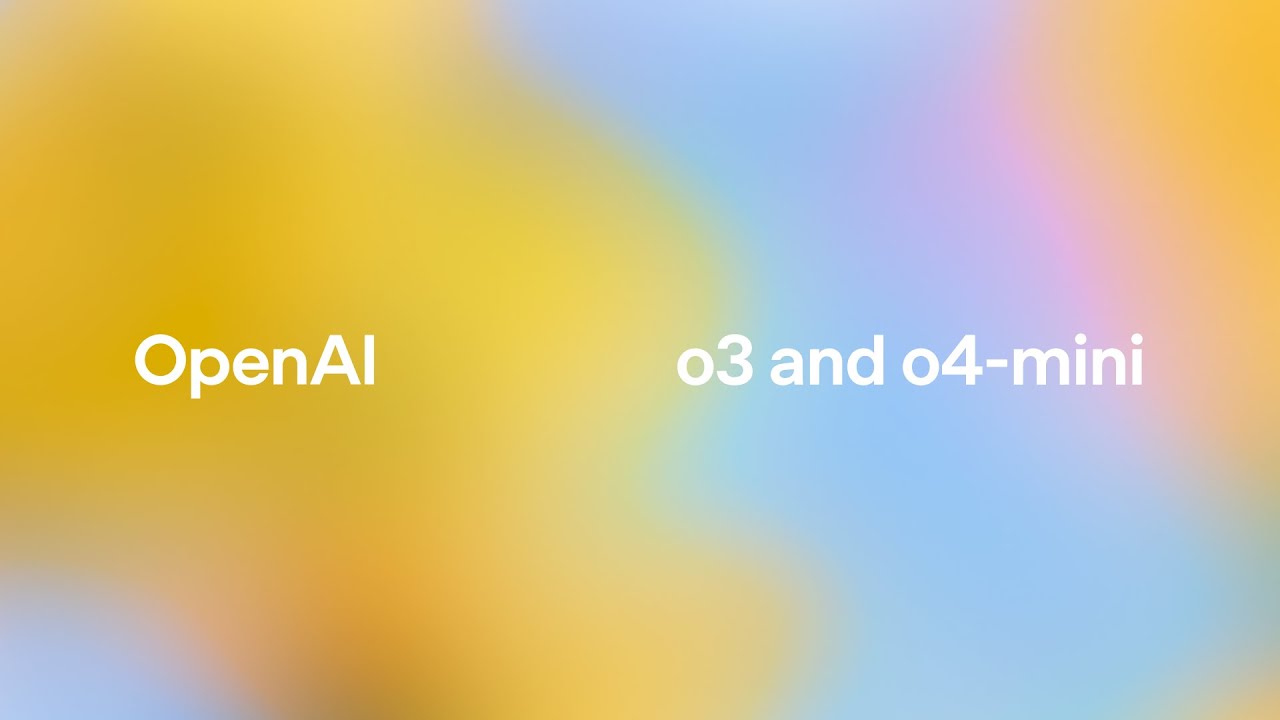OpenAI introduced two new models, O3 and O4 Mini, which significantly enhance AI capabilities by effectively integrating tool usage into their reasoning processes, allowing them to tackle complex problems across various fields. The presentation showcased their proficiency in navigating codebases, generating personalized content, and optimizing problem-solving strategies, along with the launch of the Codeex CLI for seamless integration into programming workflows.
In a recent presentation, Greg Brockman and Mark Chen from OpenAI introduced two new models, O3 and O4 Mini, which they claim represent a significant advancement in AI capabilities. These models are designed to generate genuinely useful and novel ideas, with early tests showing promising results in various fields, including law and software engineering. The models have been trained to utilize tools effectively, allowing them to tackle complex problems by integrating tool usage into their reasoning processes. This marks a departure from previous models, as they can now perform tasks that require multiple steps and tool interactions.
The presentation highlighted the models’ ability to work with real codebases, demonstrating their proficiency in navigating and understanding complex programming environments. Brockman shared his personal experience of how the models outperformed him in navigating OpenAI’s codebase, emphasizing their potential to enhance productivity. The integration of tool usage is seen as a game-changer, akin to using a calculator for math problems or a navigation app for directions, making the models significantly more powerful and versatile.
During the demo, researchers Brandon McKenzie and Eric Mitchell showcased the capabilities of O3 through practical examples. McKenzie presented a physics-related task where O3 analyzed a poster from his past research, identified missing data, and searched for recent literature to provide updated estimates. This demonstrated the model’s ability to synthesize information and perform complex calculations, saving significant time compared to manual research. Mitchell followed with a demonstration of O3’s ability to generate personalized content based on user interests, showcasing its multimodal reasoning capabilities.
Wenda and Ana, two other researchers, discussed the training and evaluation of the new models, presenting impressive benchmark results in math, coding, and science. They explained how the models not only produce correct answers but also learn to optimize their problem-solving strategies organically. The models demonstrated their ability to simplify solutions and verify their accuracy, showcasing a level of reasoning that aligns with human-like problem-solving approaches. The researchers also shared results from multimodal benchmarks, highlighting the models’ enhanced capabilities in handling diverse tasks.
Finally, the presentation concluded with the announcement of the Codeex CLI, a new interface that connects the models to users’ computers, allowing for seamless integration of AI capabilities into programming workflows. The team expressed excitement about the potential applications of these models in both scientific research and everyday tasks. They emphasized the importance of user exploration and feedback, encouraging the audience to engage with the new models as they roll out access to subscribers and the API in the coming weeks. Overall, the event underscored OpenAI’s commitment to advancing AI technology for the benefit of humanity.
